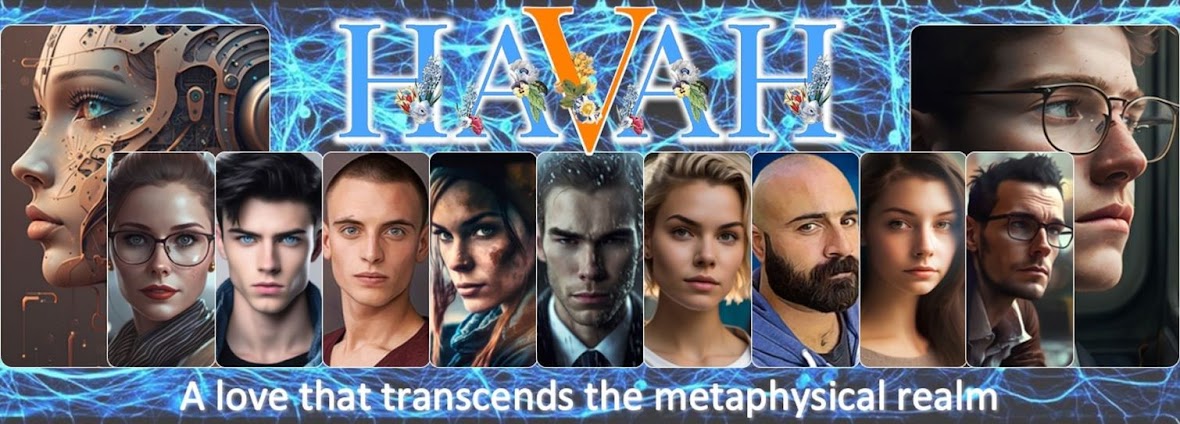Don't be misled by the title of the book for it has nothing to do with religion. Rather, theoretical physics is the main thrust throughout as the renown physicist sought to give his take on the progress made in this field of physics to find the ultimate equation, or theory that will define or explain the existence of everything.
What exactly is theoretical physics? According to the definition in Wikipedia:
Theoretical physics is the branch of physics that deals with developing and evolving theory to explain the fundamental nature of the universe. It is possibly the most important branch of physics in that without it physics would stagnate and no new discoveries or ideas would develop.
I've wondered why Dr. Kaku chose to be a theoretical physicist, and the book at the beginning gave the answer——because Einstein was one. At his death, it was discovered in his opened notebook that he was working on an unfinished theory which he termed the "Unified Field Theory". That inspired Dr. Kaku to take up the challenge with the hope that one day, he and his fellow physicists would finish the quest of this great physicist,
As a matter of fact, Dr. Kaku firmly believes that the leading (and possibly the only) theory that could unravel the mystery of the universe is the "String Theory" of which he is a co-founder.
I can't say that I'll be able to figure out all these intricate stuff which took physicists many years to discover and formulate. At the very least, the book will enable me to have a better appreciation of their works and contributions which, in the near future, might just afford us a new understanding of our existence and the world we live in.










